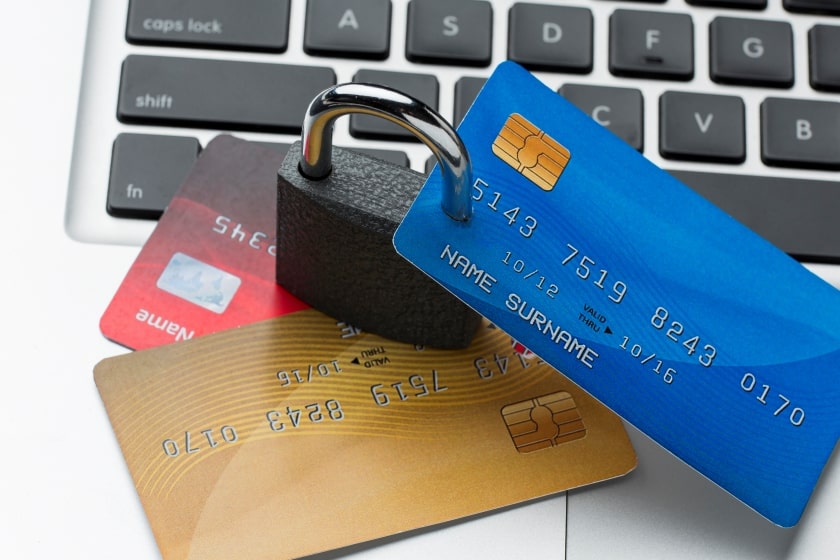We’re living in an increasingly digital world, and as a result, there are a variety of banking scams and frauds that you need to be aware of. It’s important to know how to identify and protect yourself from these scams in order to avoid becoming a victim of cybercrime. In this article, we’ll discuss what banking scams and fraud are, how to identify suspicious activity, and strategies for avoiding them. We’ll also provide resources for those who have already been victims of a scam, as well as tips for staying safe online.
What are Banking Scams and Fraud?
Banking scams and fraud are a type of cybercrime in which criminals use online banking platforms to steal money from unsuspecting victims. These scams can come in the form of emails, text messages, or social media posts, and can often be difficult to spot. They’re designed to trick users into providing personal information or making payments to the scammers, which can result in financial loss and other forms of identity theft. It’s important to be aware of these scams and to take steps to protect yourself from them.
Types of Banking Scams and Fraud
There are a variety of banking scams and frauds that you need to be aware of. Phishing scams are one of the most common types of scams. These scams involve sending emails or text messages that appear to be from a legitimate source, but are actually designed to steal personal information or money. Another type of scam is called “vishing,” which involves scammers calling and posing as a legitimate business in order to get personal information or money. Social media scams are also common, and involve scammers posting messages or links that appear to be legitimate, but are actually designed to steal personal information or money.
How to Identify Suspicious Activity
It’s important to be aware of the signs of a scam in order to protect yourself from becoming a victim. If you receive an email or text message from an unfamiliar source, it’s best to delete it. If you receive a phone call from an unfamiliar source, it’s best to hang up and verify the source before providing any personal information or making any payments. You should also be wary of any messages or links posted on social media, as these can often be scams.
Protecting Yourself from Scams
There are a few steps you can take to protect yourself from banking scams and fraud. It’s important to make sure your passwords are secure and to use two-factor authentication whenever possible. You should also be sure to check your bank statements regularly and report any suspicious activity to your bank immediately. Additionally, you should never share your personal information with anyone, even if they appear to be legitimate.
Warning Signs of Scams
It’s important to be aware of the warning signs of a scam in order to protect yourself. One of the most common warning signs is if the email, text message, or social media post is asking for personal information or money. Another warning sign is if the email or text message contains spelling errors or grammatical mistakes. Additionally, if the message or link is from an unfamiliar source, it’s best to delete it or ignore it.
Strategies for Avoiding Banking Scams
There are a few strategies you can use to avoid becoming a victim of a banking scam. One of the most important is to always be suspicious of emails, text messages, and social media posts from unfamiliar sources. You should also be sure to use two-factor authentication whenever possible and to use secure passwords. Additionally, you should never share your personal information with anyone, and be sure to report any suspicious activity to your bank immediately.
What to Do if You Are a Victim of a Scam
If you’ve been a victim of a banking scam, there are a few steps you should take. You should first contact your bank to report the scam and to find out what steps you need to take to protect yourself from further fraud. You should also contact the relevant authorities, such as the police or the Federal Trade Commission, to report the scam. Additionally, you should contact the credit bureaus to alert them of the scam and to ensure that your identity is protected.
Resources for Victims of Banking Scams
If you’ve been a victim of a banking scam, there are a variety of resources available to help you. The Federal Trade Commission offers a variety of resources and advice for victims, including how to report the scam and how to protect yourself from further fraud. Additionally, you can contact your bank or the credit bureaus to alert them of the scam and to ensure that your identity is protected.
Tips for Staying Safe Online
The best way to protect yourself from banking scams and fraud is to stay safe online. It’s important to make sure your passwords are secure and to use two-factor authentication whenever possible. You should also be sure to check your bank statements regularly and report any suspicious activity to your bank immediately. Additionally, you should never share your personal information with anyone, even if they appear to be legitimate.
Conclusion
Banking scams and fraud are a serious issue, and it’s important to be aware of how to protect yourself from them. By following the tips outlined in this article, you can help ensure that you don’t become a victim of a scam. It’s also important to be aware of the warning signs of a scam and to report any suspicious activity to your bank or the relevant authorities immediately. By staying informed and taking steps to protect yourself, you can help ensure that you don’t become a victim of a banking scam.

